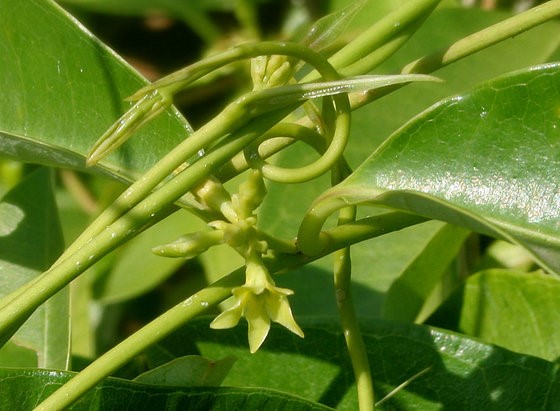Cryptolepine is the main substance in the medicinal plant Cryptolepis sanguinolenta or Nibima.
This substance has been found to be effective against several bacteria and viruses.
Malaria, hepatitis B and recently, covid-19 have been treated effectively with this plant.
The study, led by Dr. Patrick Narkwa of the Department of Clinical Microbiology, KNUST aimed to investigate the effects of cryptolepine on cell interactions in human embryonic kidney.
Disordered interactions among cells have been found to cause diseases such as cancer.
The results published in the Journal of Science and Technology showed that cryptolepine had the ability to orderly regulate interactions of cells.
"The results from our studies support the pharmaco-biological effects of cryptolepine in different cells," the report stated.
Latest Stories
-
I want to focus more on my education – Chidimma Adetshina quits pageantry
6 mins -
Duct-taped banana artwork sells for $6.2m in NYC
30 mins -
Arrest warrants issued for Netanyahu, Gallant and Hamas commander over alleged war crimes
33 mins -
Actors Jonathan Majors and Meagan Good are engaged
38 mins -
Expired rice saga: A ‘best before date’ can be extended – Food and Agriculture Engineer
46 mins -
Why I rejected Range Rover gift from a man – Tiwa Savage
47 mins -
KNUST Engineering College honours Telecel Ghana CEO at Alumni Excellence Awards
1 hour -
Postecoglou backs Bentancur appeal after ‘mistake’
1 hour -
#Manifesto debate: NDC to enact and pass National Climate Law – Prof Klutse
2 hours -
‘Everything a manager could wish for’ – Guardiola signs new deal
2 hours -
TEWU suspends strike after NLC directive, urges swift resolution of grievances
2 hours -
Netflix debuts Grain Media’s explosive film
2 hours -
‘Expired’ rice scandal: FDA is complicit; top officials must be fired – Ablakwa
3 hours -
#TheManifestoDebate: We’ll provide potable water, expand water distribution network – NDC
3 hours -
IPR Ghana@50: Pupils educated to keep the environment clean
3 hours

